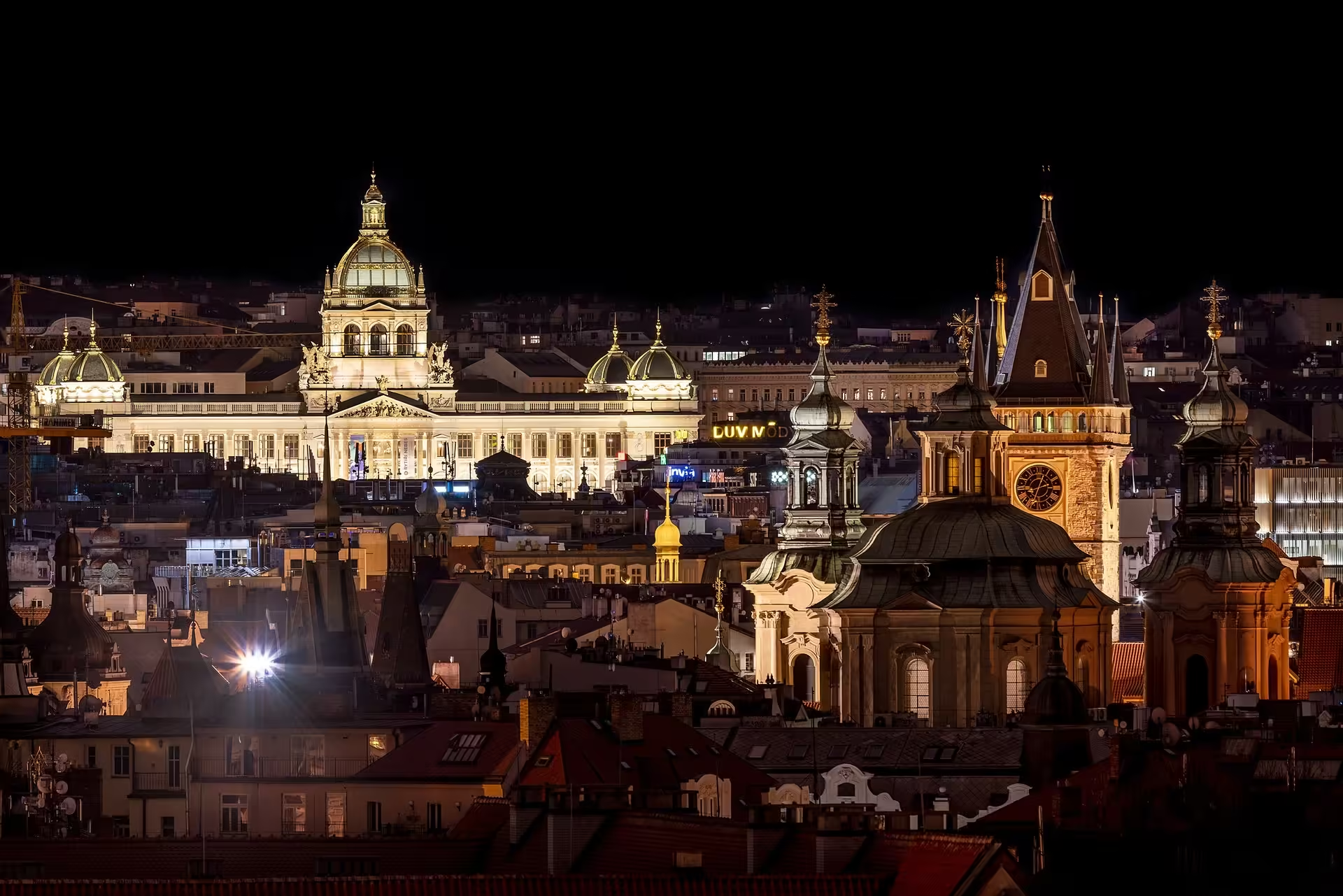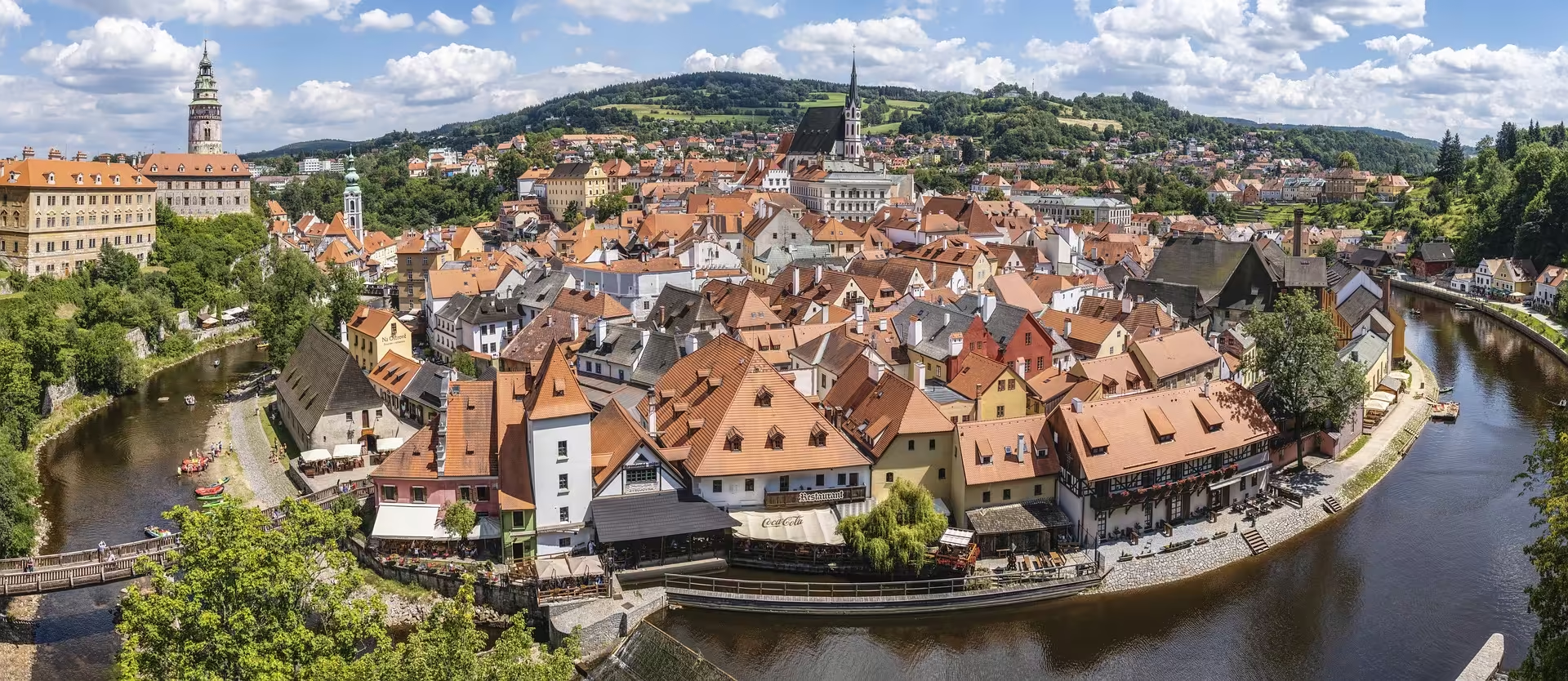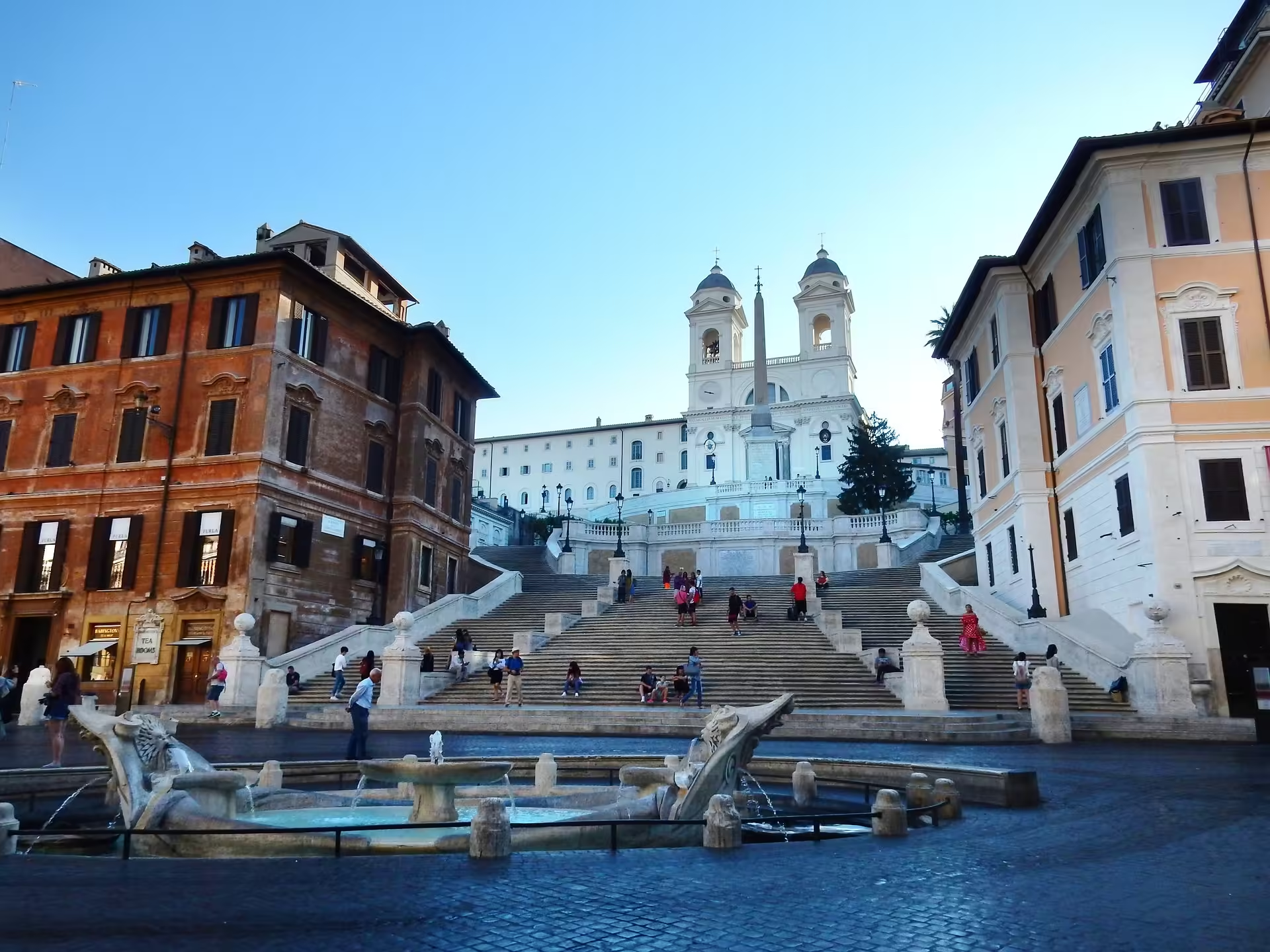1. Introduction
Spain is a land of contrasts, offering everything from snow-capped mountains and lush green valleys to sun-drenched beaches and vibrant cities. Its rich cultural heritage is visible in its architecture, cuisine, and traditions. Whether you’re an art lover, a foodie, or an outdoor enthusiast, Spain has something to offer. This guide will help you navigate through the best places to visit in Spain, ensuring you make the most of your trip.
2. Top Cities to Visit
A. Madrid
Madrid, the capital city, is a vibrant metropolis known for its royal heritage, world-class museums, and bustling nightlife.
Top Attractions in Madrid:
- The Royal Palace: The official residence of the Spanish Royal Family, this opulent palace is a must-see.
- Prado Museum: Home to masterpieces by Velázquez, Goya, and other Spanish artists.
- Retiro Park: A sprawling park perfect for a leisurely stroll or boat ride.
- Puerta del Sol: The heart of Madrid, a lively square known for its historic clock tower and as a hub for shopping and dining.
B. Barcelona
Barcelona, the capital of Catalonia, is famous for its modernist architecture, vibrant cultural scene, and beautiful beaches.
Top Attractions in Barcelona:
- Sagrada Familia: Gaudí’s masterpiece, this iconic basilica is a UNESCO World Heritage Site.
- Park Güell: Another Gaudí creation, offering stunning views of the city.
- La Rambla: A bustling street with shops, cafes, and street performers.
- Gothic Quarter: The oldest part of the city, with narrow medieval streets and historic buildings.
C. Valencia
Valencia is known for its futuristic architecture, beautiful beaches, and as the birthplace of paella.
Top Attractions in Valencia:
- City of Arts and Sciences: A futuristic complex featuring a science museum, planetarium, and an opera house.
- Valencia Cathedral: A stunning Gothic cathedral that claims to house the Holy Grail.
- Turia Gardens: A former riverbed turned into a beautiful park.
- La Malvarrosa Beach: A popular beach with golden sands and clear waters.
D. Seville
Seville, the capital of Andalusia, is renowned for its rich Moorish heritage, flamenco dancing, and stunning architecture.
Top Attractions in Seville:
- Seville Cathedral: The largest Gothic cathedral in the world, home to the tomb of Christopher Columbus.
- Alcázar of Seville: A beautiful royal palace with lush gardens and intricate Mudejar architecture.
- Plaza de España: A grand square with a semicircular building, bridges, and a canal.
- Flamenco Shows: Experience the passion of flamenco at one of Seville’s many tablaos.
E. Granada
Granada, located at the foot of the Sierra Nevada mountains, is famous for the Alhambra, a stunning palace and fortress complex.
Top Attractions in Granada:
- Alhambra: A breathtaking palace and fortress complex with exquisite Islamic architecture.
- Generalife: The summer palace of the Nasrid rulers, with lush gardens and stunning views.
- Albaicín: The old Moorish quarter with narrow winding streets and whitewashed houses.
- Sacromonte: A historic neighborhood known for its cave houses and flamenco performances.
F. Bilbao
Bilbao, in the Basque Country, is known for its modern architecture and vibrant cultural scene.
Top Attractions in Bilbao:
- Guggenheim Museum: A striking modern art museum designed by Frank Gehry.
- Casco Viejo: The old town with narrow streets, historic buildings, and lively pintxo bars.
- Zubizuri Bridge: A futuristic pedestrian bridge designed by Santiago Calatrava.
- Mount Artxanda: Offers panoramic views of the city.
G. Zaragoza
Zaragoza, the capital of Aragon, is known for its rich history and stunning architecture.
Top Attractions in Zaragoza:
- Basilica of Our Lady of the Pillar: A stunning baroque basilica and a major pilgrimage site.
- Aljafería Palace: A beautiful Moorish palace that now houses the Aragonese Parliament.
- Plaza del Pilar: A large square surrounded by historic buildings.
- La Seo Cathedral: A beautiful cathedral with a mix of architectural styles.
3. Beautiful Coastal Regions
A. Costa Brava
Costa Brava, located in northeastern Spain, is known for its rugged coastline, clear waters, and charming villages.
Top Beaches in Costa Brava:
- Tossa de Mar: A picturesque beach with a medieval castle.
- Lloret de Mar: A popular beach with a lively atmosphere.
- Begur: Beautiful coves perfect for snorkeling and diving.
- Cadaqués: A charming village with a pebble beach.
B. Costa del Sol
Costa del Sol, in southern Spain, is famous for its sunny weather, sandy beaches, and vibrant nightlife.
Top Beaches in Costa del Sol:
- Marbella: A glamorous beach destination with upscale resorts.
- Nerja: Known for its beautiful beaches and the Balcón de Europa viewpoint.
- Torremolinos: A popular beach resort with a long promenade.
- Estepona: A charming town with pristine beaches.
C. Costa Blanca
Costa Blanca, on the southeastern coast, is known for its white sandy beaches and clear waters.
Top Beaches in Costa Blanca:
- Benidorm: A lively beach resort with skyscrapers and nightlife.
- Alicante: A city with beautiful beaches and a historic old town.
- Calpe: Known for its stunning beaches and the Peñón de Ifach rock formation.
- Javea: A picturesque town with beautiful beaches and coves.
D. Costa de la Luz
Costa de la Luz, on the southwestern coast, is known for its wide sandy beaches and traditional Andalusian towns.
Top Beaches in Costa de la Luz:
- Tarifa: A popular spot for windsurfing and kitesurfing.
- Cadiz: A historic city with beautiful beaches and a charming old town.
- Zahara de los Atunes: A quiet beach with golden sands and clear waters.
- El Palmar: Known for its laid-back atmosphere and great surfing.
4. Stunning Islands
A. Balearic Islands
The Balearic Islands, in the Mediterranean Sea, are known for their stunning beaches, clear waters, and vibrant nightlife.
Top Islands in the Balearics:
- Ibiza: Famous for its nightlife, beautiful beaches, and bohemian atmosphere.
- Mallorca: Known for its stunning landscapes, beautiful beaches, and historic sites.
- Menorca: A quieter island with beautiful coves and a laid-back atmosphere.
- Formentera: A small island with pristine beaches and crystal-clear waters.
B. Canary Islands
The Canary Islands, off the northwest coast of Africa, offer a unique blend of volcanic landscapes, sandy beaches, and a subtropical climate.
Top Islands in the Canaries:
- Tenerife: The largest island, known for its beautiful beaches and Mount Teide.
- Gran Canaria: Offers a diverse landscape with beaches, dunes, and mountains.
- Lanzarote: Known for its volcanic landscapes and unique architecture.
- Fuerteventura: Famous for its stunning beaches and water sports.
5. Historic and Cultural Sites
Spain is home to numerous historic and cultural sites that showcase its rich history and diverse heritage.
A. Alhambra
The Alhambra, in Granada, is a stunning palace and fortress complex with exquisite Islamic architecture and beautiful gardens.
B. Sagrada Familia
The Sagrada Familia, in Barcelona, is a masterpiece by Antoni Gaudí and a UNESCO World Heritage Site.
C. Prado Museum
The Prado Museum, in Madrid, houses one of the finest collections of European art, including works by Velázquez, Goya, and El Greco.
D. Park Güell
Park Güell, in Barcelona, is another of Gaudí’s masterpieces, offering stunning views of the city and unique architectural elements.
E. Royal Palace of Madrid
The Royal Palace of Madrid is the official residence of the Spanish Royal Family and a magnificent example of Baroque architecture.
F. Santiago de Compostela Cathedral
The Santiago de Compostela Cathedral, in Galicia, is a major pilgrimage site and a stunning example of Romanesque architecture.
6. Natural Wonders
Spain boasts a variety of natural wonders, from mountains and national parks to unique geological formations.
A. Picos de Europa
The Picos de Europa, in northern Spain, is a stunning mountain range offering beautiful scenery, hiking trails, and wildlife.
B. Teide National Park
Teide National Park, in Tenerife, is home to Mount Teide, the highest peak in Spain and a UNESCO World Heritage Site.
C. Doñana National Park
Doñana National Park, in Andalusia, is a unique wetland area with diverse wildlife, including birds, lynxes, and deer.
D. Montserrat
Montserrat, near Barcelona, is a stunning mountain range with unique rock formations and a famous monastery.
7. Spanish Festivals and Events
Spain is famous for its vibrant festivals, which celebrate everything from religious events to local traditions.
A. La Tomatina
La Tomatina, in Buñol, is an annual tomato-throwing festival that attracts thousands of participants.
B. Running of the Bulls
The Running of the Bulls, part of the San Fermín festival in Pamplona, is a thrilling event that involves running in front of a group of bulls.
C. Las Fallas
Las Fallas, in Valencia, is a week-long festival featuring spectacular parades, fireworks, and the burning of large puppets called ninots.
D. Semana Santa
Semana Santa, or Holy Week, is celebrated across Spain with religious processions, music, and traditional attire.
E. Feria de Abril
Feria de Abril, in Seville, is a lively spring fair with flamenco dancing, horse parades, and traditional Andalusian costumes.
8. Conclusion
Spain is a country that offers a rich blend of history, culture, and natural beauty. From its bustling cities and historic landmarks to its stunning beaches and vibrant festivals, there’s something for everyone in Spain. Whether you’re a history buff, a foodie, a beach lover, or an adventure seeker, Spain promises an unforgettable travel experience.
Plan your trip carefully, savor the local cuisine, immerse yourself in the culture, and you’ll find yourself falling in love with this beautiful and diverse country. So pack your bags and get ready to explore the wonders of Spain!






